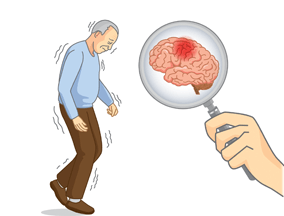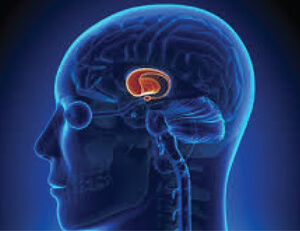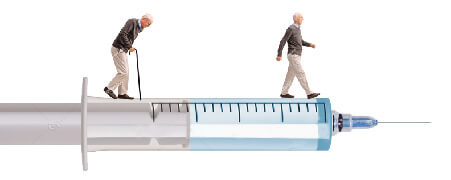It is important to involve a partner, close friend or relative who can give injections if you can’t move well enough to do it yourself.
Nausea, vomiting and hypotension Apomorphine can cause severe short-term nausea and sickness, so you may also be given an anti-sickness drug called Domperidone.
Cardiac problems APOSAN® may affect your underlying heart problem. APOSAN® can cause your blood pressure to drop slightly. If you feel dizzy, you may need to check your blood pressure with your GP/Neurologist/Nurse.
Sleeping problems APOSAN® can make some people feel sleepy or experience sudden onset of sleep.
Injection sites can become sore and irritated Lumps (nodules) may appear under the skin where the needle is inserted, You can prevent them by making sure the place where the needle is inserted is clean, changing the injection site every day and gently rubbing your skin once you’ve taken the needle out.
Some people experience an itchy or sore reaction at the injection site, but this is rare. If this does happen, speak to your neurologist/nurse.
Hallucinations and delusions Speak to your GP, specialist or nurse about any hallucinations or delusions that you or the person you care for are experiencing.
Impulsive and compulsive behaviour Some people who take Dopamine agonists, including Apomorphine, may experience impulsive and compulsive behaviour.









 has helped many more to get them
has helped many more to get them  . We would love to hear your story.
. We would love to hear your story.